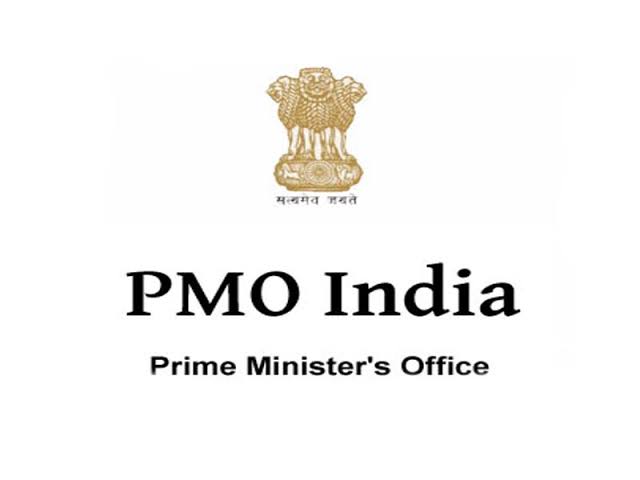To control stubble burning, it was stressed that the adequate number of teams should be deployed at ground level and they should ensure that no stubble burning takes place especially in the State of Punjab, Haryana and UP
 KRC TIMES Desk
KRC TIMES Desk

· High-level taskforce led by Dr. P K Mishra Principal Secretary to PM met on 18.09.2020 to review action taken by agencies and to firm up plans for coming season
· Principal Secretary impressed on all members that the objective of holding meeting early is to ensure timely action on stubble burning and other interventions
· While assessing the overall situation, it was noted that crop burning incidents in neighbouring states of Punjab, Haryana and Uttar Pradesh were still high last year. Principal Secretary to the Prime Minister issued a number of directions to intensify the planned actions to ensure that stubble burning is discontinued
Principal Secretary to Prime Minister Dr. P. K. Mishra chaired the meeting of the High Level Taskforce constituted to improve the air quality in the National Capital Region of Delhi. Chief Secretaries of Delhi, Punjab, Haryana, Rajasthan and Uttar Pradesh, Secretaries of different department/ministries of the central government including M/o of Environment, Forest & Climate Change, Agriculture, Road, Petroleum and Central Pollution Control Board were present in the meeting.

Principal Secretary to Prime Minister emphasized that the meeting was called well in advance before the onset of harvesting and winter season to ensure proper precautionary and preventive measures to combat the causes of air pollution are taken well in time.
A review of the main sources of air pollution, measures are taken and the progress made by the State Governments and various Ministries were carried out. It was noted that the incidence of stubble burning has reduced by more than 50% in the last two years and the number of Good AQI days have gone up.
The efforts and plan made by the State of Punjab, Haryana and Uttar Pradesh for control of crop residue burning were examined in detail, including ground level deployment and availability of machinery for in-situ management of crop residue.
It was observed that after the recent inclusion of residue based power /fuel plants under priority sector lending by Reserve Bank of India, both State and Central Governments should jointly work out an action plan for rapid deployment of such units. Measures related to the diversification of crop and strengthening of supply chains were also discussed.
Principal Secretary highlighted the importance of effective implementation of the existing in-situ management of crop residue scheme of Ministry of Agriculture by the States and emphasized that State Governments should ensure that the new machinery to be deployed in the current year should reach the farmers before the start of the harvesting season. Ministry of Agriculture was directed to provide all necessary support in this regard.
To control stubble burning, it was stressed that the adequate number of teams should be deployed at ground level and they should ensure that no stubble burning takes place especially in the State of Punjab, Haryana and UP. These States need to put extra efforts and appropriate incentives, especially in the relevant districts.
Government of GNCT-Delhi was requested to ensure measures to control local sources of pollution. Principal Secretary mentioned that special emphasis should be laid on the deployment of teams for control of open burning of waste, IT-enabled monitoring of mechanical road sweepers, improvement in utilization of construction & demolition waste and site specific implementation of an action plan for identified hot spots. It was decided that Haryana and Uttar Pradesh would prepare and implement similar site specific action plans in their area falling under NCR.
Principal Secretary emphasized that the envisaged measures should be implemented well before the onset of severe conditions, and focus should also be laid on compliance of emission norms by industry in the satellite industrial area.





